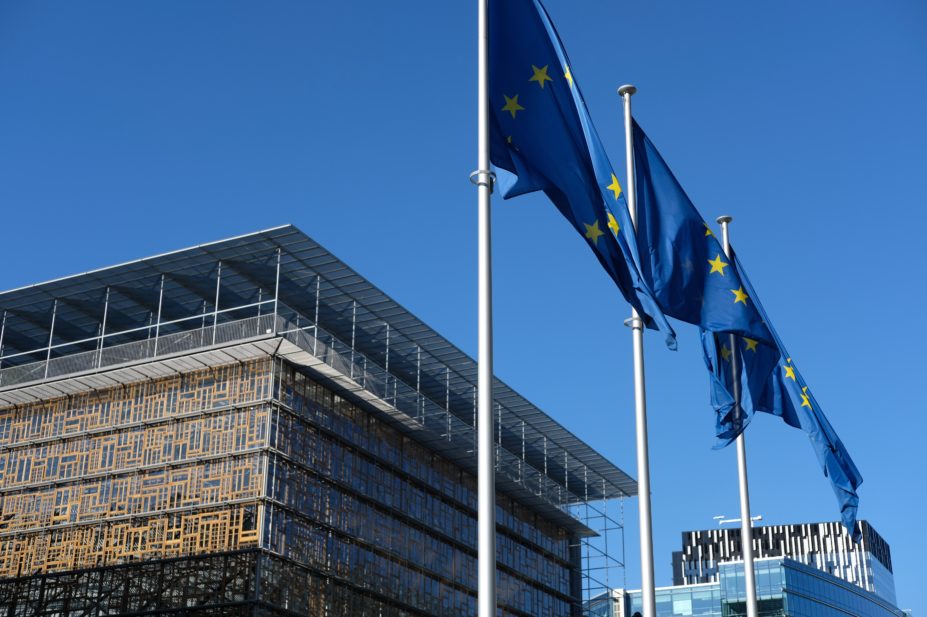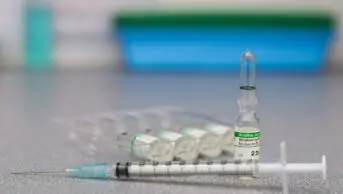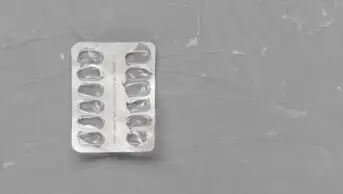
Shutterstock.com
Members of the Council of the European Union have debated whether relocating medicines production back to the EU would mitigate medicines shortages.
A paper summarising the outcome of the debate, which was held on 9 and 10 December 2019, said member states “supported the idea to develop and implement an EU work agenda on pharmaceutical policy to avoid medicines shortages across the union”.
It added that several measures were discussed to mitigate shortages, including “encouraging the relocation of medicines production back to the EU”.
The debate was called by the General Secretariat of the Council (GSC) in November 2019, which noted the prevention of shortages as “crucial for the continuity of care”.
The letter said shortages were partly the result of a “longer, more complex and fragmented” supply chain “as companies have located a large part of production of medicines outside the EU”.
The GSC, therefore, called a policy debate to discuss whether there is a need for “EU legislative measures to require back-up manufacturing capacity, earlier notification of interruptions and stronger measures to ensure continuity of supply”.
The suggestion to move medicines manufacturing back to the EU follows a call from generics manufacturers on the European Commission to encourage this to help stabilise the medicines supply chain.
The debate also proposed “transferring medicines from one member state to another with some exemptions”, “exchanging information on stocks” and “intensifying market surveillance” to tackle the ongoing problem of medicines shortages.
The Council of the European Union works with the European Parliament to negotiate and adopt legislative acts.


